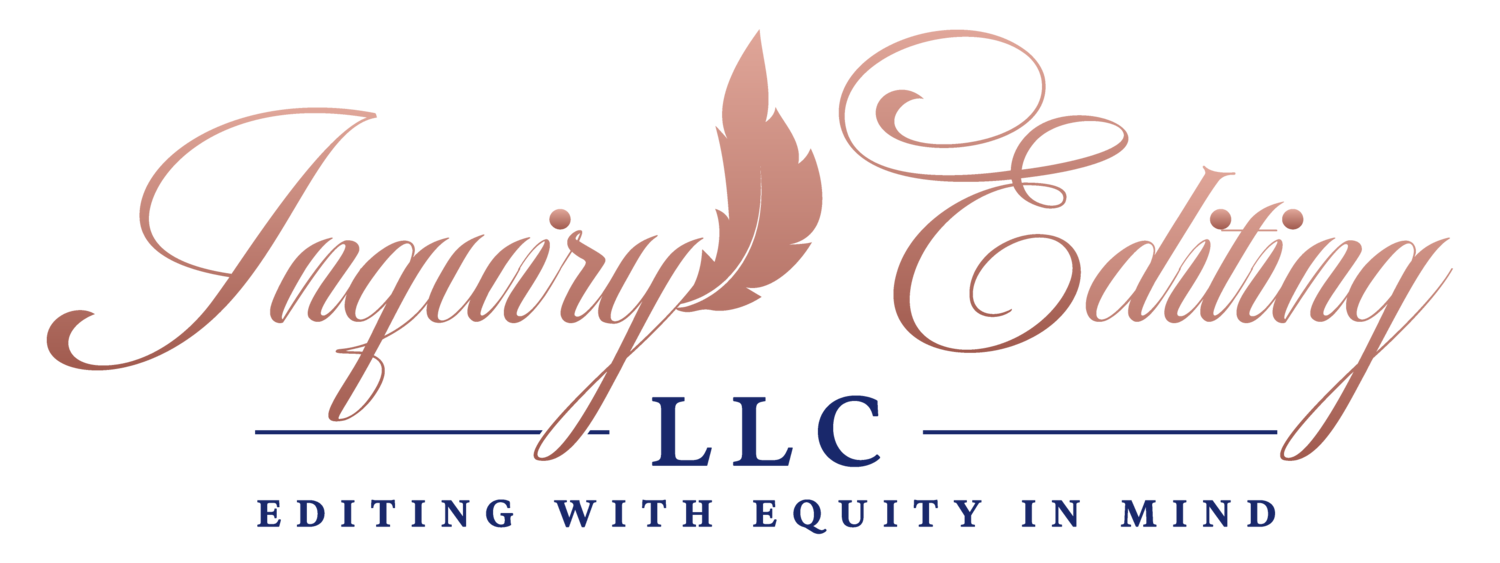How to Revise an Article, a personal journey, part 5
:: insert 1990s drum beat:: This is a story all about how my life got flipped turned upside down. I’d like to minute. Just sit right there. I’ll tell how became the queen of an article nightmare.
That’s the remix, y’all.
In true Will fashion, I’ll start this with a “what had happened was.” What had happened was, I thought, like many an article writer before me, that I would relearn a wealth of information by reading my own bibliography. This tends to be useful during revision because you take advantage of the fact that you understand the article differently and so you might understand your own sources differently. Every poem keeps giving and giving. Every novel keeps giving. Even some critics are generous.
Unfortunately, that has not worked out for me. This wasn’t the result of a miscalculation on my part since, it is generally good wisdom to re-read before you revise. Quite frankly, I am still processing what exactly I did and did not find. Though I did not return to my desk with new quotations, critical armatures, or theoretical insights, I also did not return empty-headed.
I looked at my bibliography and went back to some of the texts that shaped my thinking. Most of my sources were in anthologies. I figured I should not only re-read my original sources, but some of the other book chapters as well. I did not find anything I had missed about my subject matter. But, the absence felt more telling.
I think the absence revealed how much my intervention is needed. As a check for my own arrogance, I examined the absence in context. In the body of critical literature, scholars have hinted that my objects of inquiry are out there but they have other critical aims in their work. Writers themselves have pointed to the necessity of examining works written in the genre I discuss. The space seems prepared for me to enter because it is acknowledged and asked for: that is, my work becomes a natural progression of the scholarly conversation.
I would be remiss if I did not pause to add a note about the anxiety that forced me to voraciously re-read, my concern about being too original, and even “checking myself” above. Some of those are because I have been disciplined (!) to believe that my interventions are not enough, too much, or irrelevant. As a Black disabled woman writing about other historically marginalized groups, I am all too aware of how my work is understood in the wider world.
What creates this understanding you ask? People tell me. Yes, they tell me in person (when such a thing was possible), in job talks, in meetings, in teaching, in readers’ reports, in emails, in their use of my work as a secondary source, in their refusal to use my work as a secondary source. They tell me, plainly, in the lingua franca of white supremacy.
For those of us who have been similarly disciplined, please consider this my invitation to be deliberately unruly. Yes, we should engage in good writing practices: re-read, revise, give other scholars their due in your articulation of ideas. Also, be wary of the attitudes about your writing that come more from the context in which you create than the content of your work.
In the words of Chloe X Halle from “Do It,” good vibes only!
